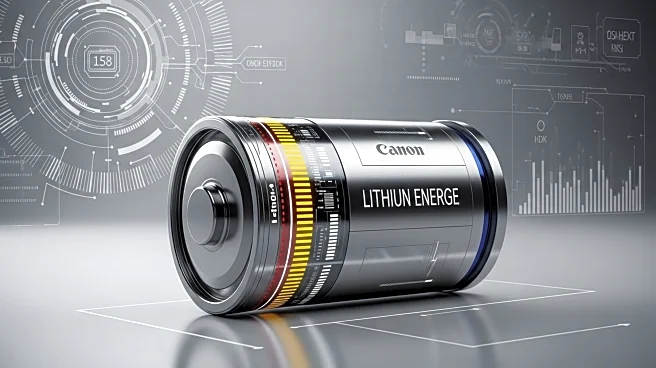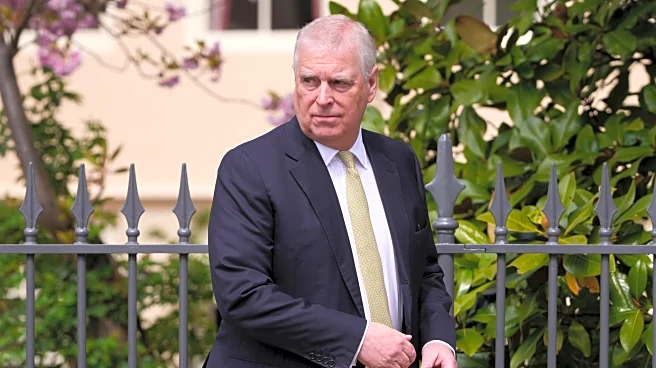What is the story about?
What's Happening?
The US Government is reevaluating a $2.3 billion loan previously approved under the Biden administration for the Thacker Pass lithium project in Nevada. This reassessment is driven by concerns over potential competition from cheaper Chinese lithium sources. The Department of Energy (DoE) is reviewing the loan as part of a broader evaluation of its $400 billion green financing program. The Thacker Pass project, which is backed by General Motors (GM) with a 38% stake, aims to develop a processing facility adjacent to one of the largest lithium deposits in the US. GM has committed nearly $1 billion to the project, including a $200 million letter of credit. The DoE is urging GM to secure a binding offtake agreement for the mine's production to ensure its viability.
Why It's Important?
The reassessment of the Thacker Pass loan highlights the competitive pressures facing US lithium projects, particularly from Chinese suppliers. Lithium is a critical component in battery production, essential for electric vehicles and renewable energy storage. The outcome of this review could impact the US's ability to secure domestic lithium supplies, which is vital for energy independence and the transition to green technologies. The involvement of major stakeholders like GM underscores the strategic importance of the project in supporting the administration's environmental goals. A successful resolution could bolster US efforts to compete in the global lithium market and support the growth of the domestic electric vehicle industry.
What's Next?
The Department of Energy's review process will likely involve negotiations with GM and other stakeholders to address the competitive challenges and secure necessary agreements for the project's success. The outcome of this reassessment could influence future policy decisions regarding green financing and domestic resource development. Additionally, the US Government's ongoing discussions with Orion Resource Partners to establish a fund for overseas mining projects may provide alternative avenues for securing lithium supplies.















